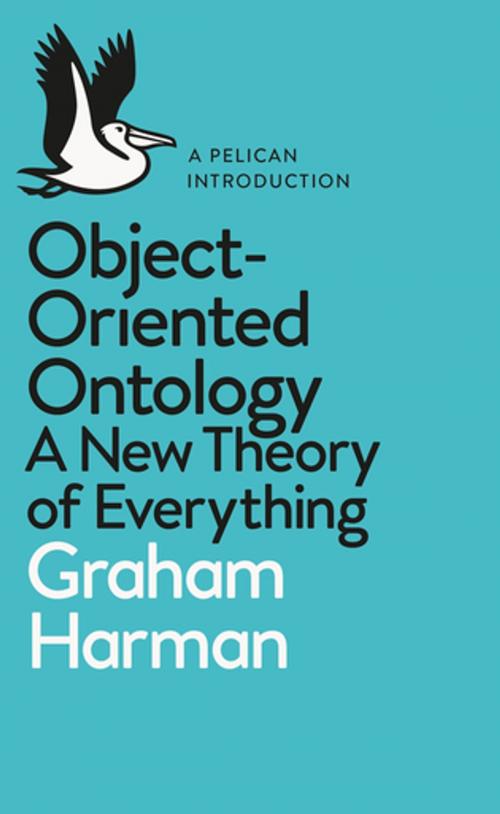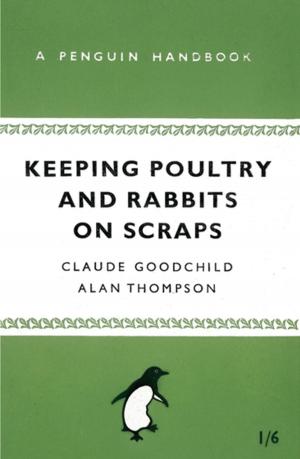Object-Oriented Ontology
A New Theory of Everything
Nonfiction, Science & Nature, Nature, Environment, Ecology, Religion & Spirituality, Philosophy, Metaphysics| Author: | Graham Harman | ISBN: | 9780241269176 |
| Publisher: | Penguin Books Ltd | Publication: | March 1, 2018 |
| Imprint: | Pelican | Language: | English |
| Author: | Graham Harman |
| ISBN: | 9780241269176 |
| Publisher: | Penguin Books Ltd |
| Publication: | March 1, 2018 |
| Imprint: | Pelican |
| Language: | English |
What is reality, really?
Are humans more special or important than the non-human objects we perceive?
How does this change the way we understand the world?
We humans tend to believe that things are only real in as much as we perceive them, an idea reinforced by modern philosophy, which privileges us as special, radically different in kind from all other objects. But as Graham Harman, one of the theory's leading exponents, shows, Object-Oriented Ontology rejects the idea of human specialness: the world, he states, is clearly not the world as manifest to humans. At the heart of this philosophy is the idea that objects - whether real, fictional, natural, artificial, human or non-human - are mutually autonomous. In this brilliant new introduction, Graham Harman lays out the history, ideas and impact of Object-Oriented Ontology, taking in everything from art and literature, politics and natural science along the way.
Graham Harman is Distinguished Professor of Philosophy at SCI-Arc, Los Angeles. A key figure in the contemporary speculative realism movement in philosophy and for his development of the field of object-oriented ontology, he was named by Art Review magazine as one of the 100 most influential figures in international art.
What is reality, really?
Are humans more special or important than the non-human objects we perceive?
How does this change the way we understand the world?
We humans tend to believe that things are only real in as much as we perceive them, an idea reinforced by modern philosophy, which privileges us as special, radically different in kind from all other objects. But as Graham Harman, one of the theory's leading exponents, shows, Object-Oriented Ontology rejects the idea of human specialness: the world, he states, is clearly not the world as manifest to humans. At the heart of this philosophy is the idea that objects - whether real, fictional, natural, artificial, human or non-human - are mutually autonomous. In this brilliant new introduction, Graham Harman lays out the history, ideas and impact of Object-Oriented Ontology, taking in everything from art and literature, politics and natural science along the way.
Graham Harman is Distinguished Professor of Philosophy at SCI-Arc, Los Angeles. A key figure in the contemporary speculative realism movement in philosophy and for his development of the field of object-oriented ontology, he was named by Art Review magazine as one of the 100 most influential figures in international art.















